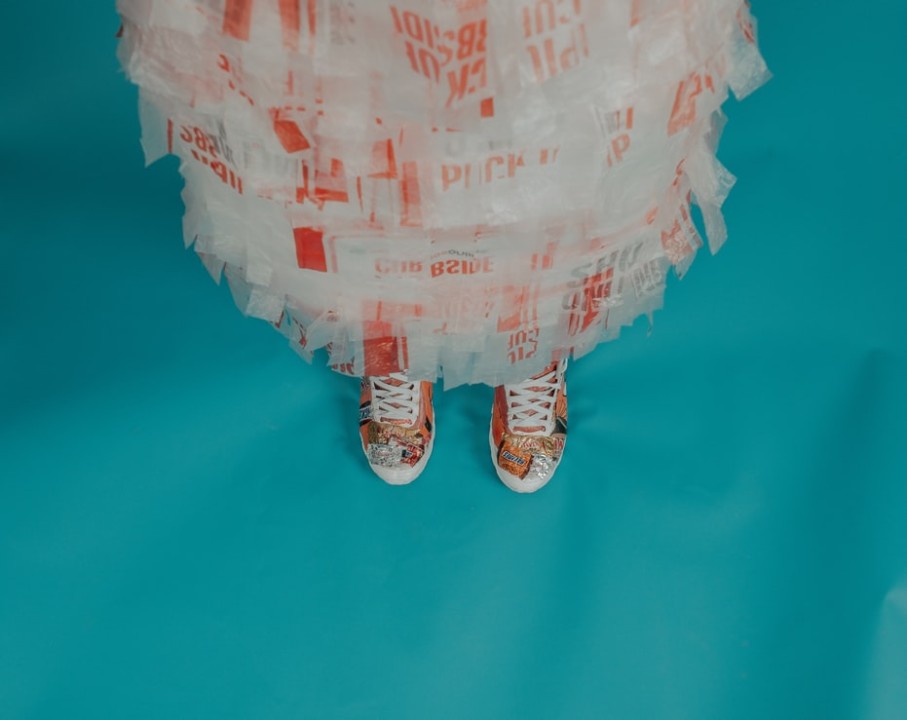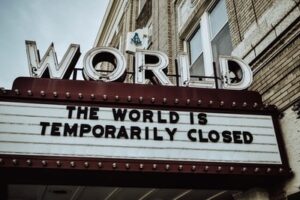What would happen if we were to say NO MORE to the outdated ways of growing our businesses on the expense of the earth’s assets? And, how would that in turn effect consumers and developers of goods and services?
The talk of circular economy is everywhere. We are all (or most of us) aware that sustainability is not a choice, but an absolute necessity to the preserve the existence of the earth. But, what would a transition to a circular economy look like?
I mean, what would an actual real transition of this day-and-age look like? How can we achieve renewal whit resources already available to us – in a new way? Am I wrong to think that the way we use terms of sustainability is actually rather misguiding?
Innovations, production processes and new state-of-the-art materials are being marketed as something good. But is it not still contributing to the urge of consumption? Are we doing it right? Are we doing enough?
What would happen if instead, we agreed to only use what has already been produced? Making sure that we first-hand reuse and repair. Newness and consumption would need to redefine itself. To make way for a new culture of taking care of what we have already got.
” The new watchwords are not only repair, reuse, remake and reduce but also rethink…and refuse”
Viewpoint Colour Magazine
I have noticed a tendency to focus on recycling when talking about a circular mindset. I would like to see a design that takes in to think the entire life cycle of a product. What if a product came back to the producer to be resold or made into something new to be reused again and again.
I believe that the market is in need of a major shift. Instead of focusing on sales, maybe we can start valuing our business in terms of how we can contribute to the community in a new way.
The worth of sharing will forever be greater than owning. The worth of helping will forever be greater than the ego. What would this economic system look like.
The New – but not new – movement has already begun. So, take a second and reflect upon your purpose and how you want to live your life. We cannot afford producing anymore rubbish. I, for one, do not lead by example – but my mind is shifting and my thoughts on how to contribute are taking shape. One part are these articles where I am trying to reflect about the movements and needs of the surrounding world.
“To stop the planet from getting substantially warmer, we need breakthroughs in how we make things, grow food, and move people and goods—not just how we power our homes and cars.”
Bill Gates
I propose that you take the time to make a list of all the things you like, that in some way effects the environment and planet in a negative way. And then try to find a new approach where the outcome is the same – but the negative effects are none. I think our joint re-think list would be very extensive.
On my part, I have been thinking a lot of how I can avoid the Newness trap. How can I get out of the incorporated structure of consumption? What choices do I have to make? What would my every day look like?
What would your every day look like?
Reflections by,
Susanne-Kikki Israelsson





